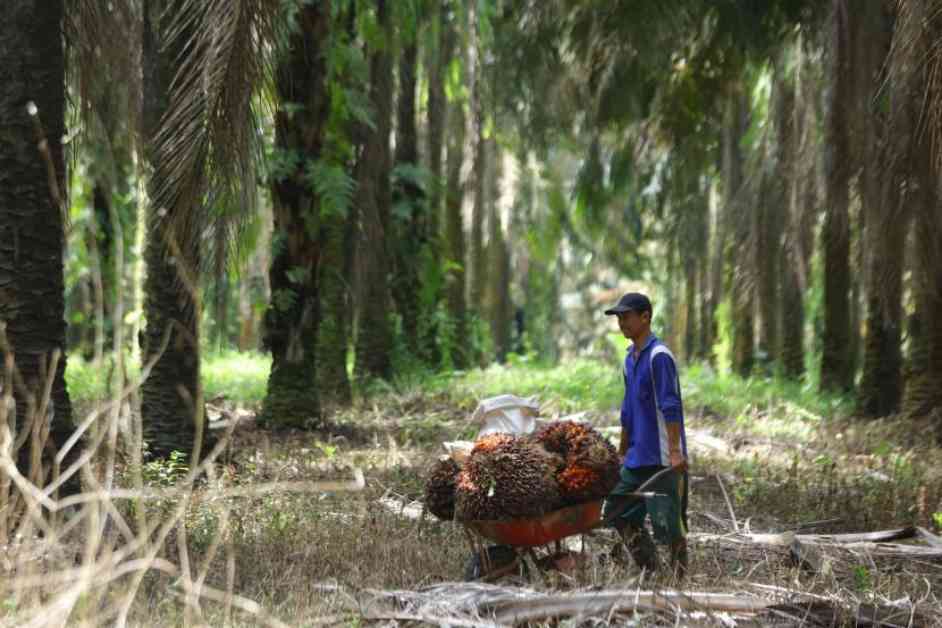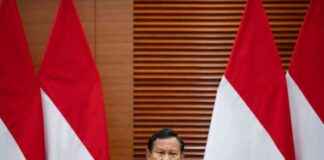**Reasons for the Halt of Dana Peremajaan Sawit Rakyat**
**Jakarta, Indonesia – January 17, 2025:** The Coordinating Minister for Economic Affairs, Airlangga Hartarto, revealed the government’s reasons for halting the disbursement of funds for the rejuvenation of smallholder oil palm plantations. He cited bureaucracy as the main obstacle to the allocation of these funds. “The rejuvenation funds for oil palm are delayed once again, due to bureaucracy. The issue lies in the clarity needed regarding the existence of certificates for oil palm plantations. We are also aware of some cases of mismanagement within the community oil palm plantations,” Airlangga stated at his office on Friday.
**Changes in Nomenclature and Halting of Funds**
The suspension is also linked to the change in the nomenclature of the Indonesian Oil Palm Plantation Fund Management Agency (BPDPKS) to the Plantation Fund Management Agency (BPDP). In Circular Letter Number S-246/DPKS.3/2025 issued by the Ministry of Finance, it was stated that the rejuvenation funds for oil palm plantations are halted until an unspecified deadline. The letter was addressed to all partner banks of BPDPKS, plantation institutions receiving rejuvenation funds, and institutions receiving funds for oil palm plantation infrastructure.
Airlangga emphasized that the process of changing the nomenclature would be completed promptly. “The change in the nomenclature of BPDPKS will be completed as soon as possible,” he asserted.
**Indonesia’s Victory in WTO and Implications**
Meanwhile, Indonesia achieved a significant victory at the World Trade Organization (WTO) in a case involving discrimination against palm oil by the European Union. Airlangga Hartarto described this decision as evidence of Indonesia’s ability to combat international discrimination. “Yesterday, we won at the WTO for palm oil. This proves that in the case of palm oil and biodiesel, Europe is recognized for discriminating against Indonesia. This victory demonstrates that our country, Indonesia, can fight and win,” Airlangga stated.
The WTO ruled that the European Union used inaccurate data in categorizing palm oil-based biofuels as high ILUC-risk commodities. Additionally, France’s tax incentive policy, which only applies to rapeseed and soybean-based biofuels, was deemed discriminatory. This WTO decision will be adopted within 60 days and will be binding for both Indonesia and the European Union. Airlangga mentioned that this victory would impact the European Union Deforestation Regulation (EUDR), postponing its implementation until December 2025.
**Implications and Outlook**
Airlangga expressed hope that this delay would provide Indonesia and Malaysia with the opportunity to strengthen their implementation strategies and prevent discrimination against palm oil. Furthermore, he anticipated that this victory would expedite the resolution of negotiations for the Indonesia-European Union Comprehensive Economic Partnership Agreement (IEU-CEPA). “With this victory, I hope that any clouds or uncertainties surrounding the IEU-CEPA negotiations can dissipate, allowing us to conclude the agreement promptly,” he concluded.
In conclusion, the halting of funds for the rejuvenation of smallholder oil palm plantations, Indonesia’s victory at the WTO, and the implications for the IEU-CEPA negotiations mark significant developments in the country’s economic landscape. The government’s efforts to address bureaucracy, combat international discrimination, and enhance strategic partnerships demonstrate Indonesia’s commitment to fostering a sustainable and thriving palm oil industry.
**Random Humanizing Touch:** As a palm oil consumer myself, I understand the importance of sustainable practices in the industry. It’s reassuring to see Indonesia taking steps to address challenges and strive for fair treatment on the global stage. This victory at the WTO not only benefits the country economically but also sets a precedent for equitable trade practices in the palm oil sector worldwide.














